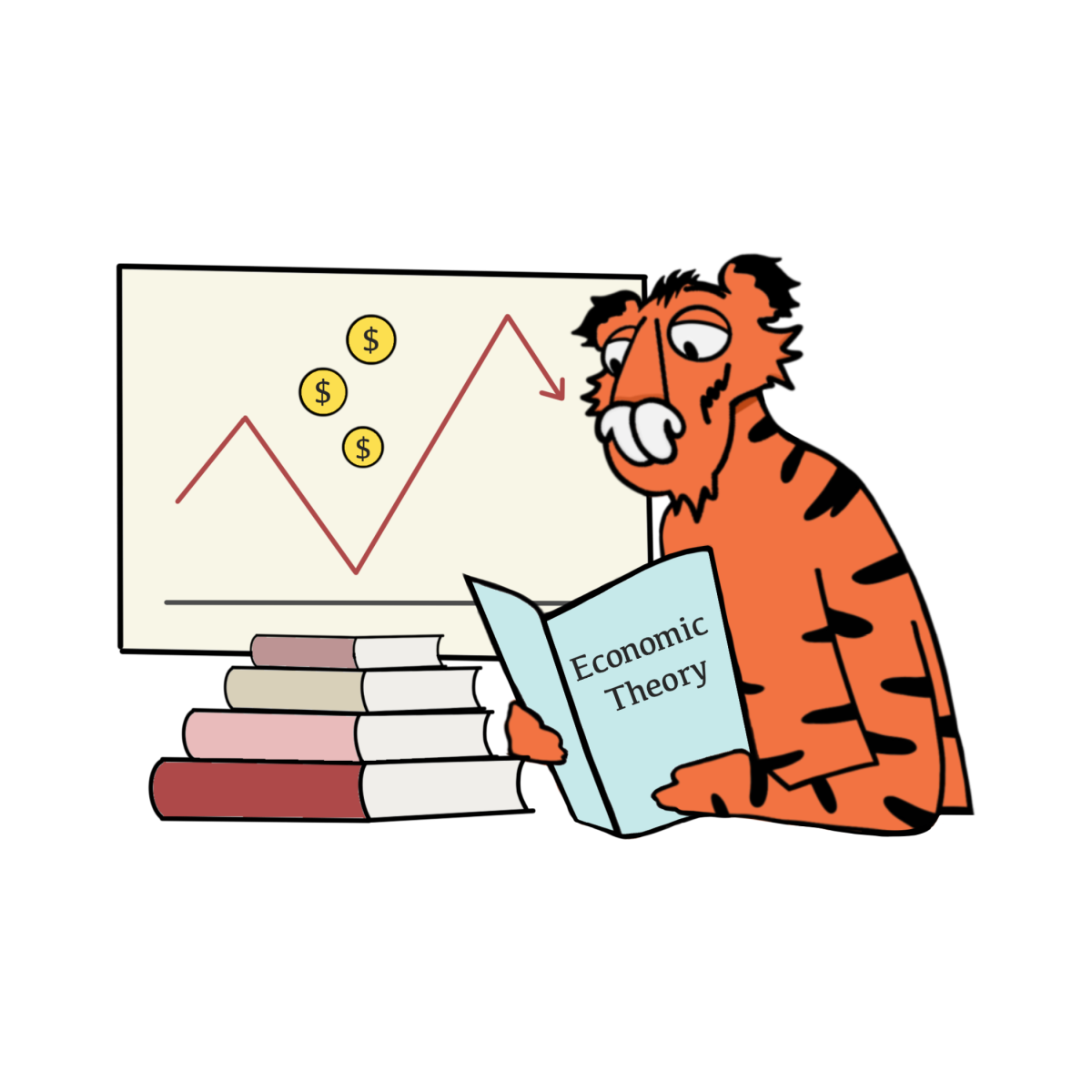The law of diminishing returns is an economic theory that describes the limitations of the relationship between input and output. Often illustrated with the phrase “too many cooks in the kitchen,” the concept applies to situations where increasing inputs eventually causes a decrease in marginal output.
The theory states that additional input units will initially boost productivity, but the increase in marginal output will eventually decline with additional inputs. Let’s look back on the “too many cooks in the kitchen” example to illustrate.
Imagine a chef running a restaurant alone. Without any help, his output is limited to his solo efforts. But, when a second chef is added, the output increases significantly as tasks can now be divided and performed more efficiently. A third and fourth chef further boosts output as the workload is shared even more.
However, as more chefs are added to the kitchen, there comes a point, say the sixth or seventh chef, when the increase in output begins to decline. With “too many cooks in the kitchen,” we see diminishing returns. The kitchen does not have enough space, ingredients, or tasks to operate with seven chefs efficiently.
“Diminishing returns can become negative returns if the cost of adding inputs exceeds the benefit. Indeed, the chefs might get in each other’s way so much that total output goes down,” Clemson economics professor Lawrence Reed Watson said.
The law of diminishing returns inherently admits that a sweet spot exists where, with the right amount of input, marginal output reaches a peak before it falls. For anyone who understands economics, finding this sweet spot helps to maximize productivity.
Outside of just a restaurant, the law of diminishing returns can be applied to countless aspects of life as a college student.
In preparation for an exam, a student might spend 12 straight hours in the library the day prior. Initially, the first few hours of studying will have significant returns for the student’s understanding of the content.
However, after eight straight hours, the returns on another hour of studying diminish significantly. The student becomes weary, tired, and burnt out. An extra hour now offers little benefit. By the eleventh hour, an additional hour of studying becomes counterproductive as no information is genuinely retained, and the student’s sleep schedule also begins to suffer.
“When good students ask me how best to prepare for my exams, my response is usually one less hour of studying and one hour more of sleep. And probably one less cup of coffee, which has rapidly diminishing returns,” Clemson economics professor Howard Bodenhorn said.
There is also the example of the ambitious freshman.
The ambitious freshman arrives at Clemson with a goal to make the most of the next four years. So he starts by piling on a fraternity, club soccer and 17 credit hours. It’s busy but sustainable. The freshman has time for academics and free time. He is productive and happy.
However, as he adds a part-time job, student government and peer tutoring to his schedule, things begin to change. The freshman is stretched too thin and drives himself mad, trying to fit it all in. As a result, the quality of his work decreases and his happiness takes a serious hit.
“The law of diminishing returns teaches that sometimes less is truly more. Students can often achieve better results by focusing on a reasonable amount of work than if they push themselves to exhaustion,” junior economics major Luke Rudolph said.
The following year, the now sophomore learned from his first-year mistakes. He picks the three most important things and dedicates himself to doing each as best as possible. By finding the level of input that optimizes his output, the student graduates on the dean’s list as the vice president of his fraternity, with 22 intramural soccer goals to his name.
“While it may sometimes feel like expending more and more time and effort will always lead to greater benefits, at some point you get stretched too thin and the additional benefits decline until you’re actually worse off than before,” Clemson economist Joseph Pedtke said.
“Another example is eating food. If you are really hungry, the first few bites of a meal offer pretty high value. As you eat more, the less hungry you become, making each additional bite less valuable. At some point, you can eat too much, and you feel worse,” Pedtke added.
The law of diminishing returns is another example of how economics explains daily life as a college student. One could even argue that buying drinks at a bar downtown reaches a point of diminishing returns.
Regardless, the takeaway is simple — find your sweet spot.
Ethan Silipo is a junior economics major from Pittsburgh, Pennsylvania. Ethan can be reached at [email protected].











Anthony Silipo • Nov 15, 2024 at 12:35 pm
Well written and explained!! Find the sweet spot for sure.